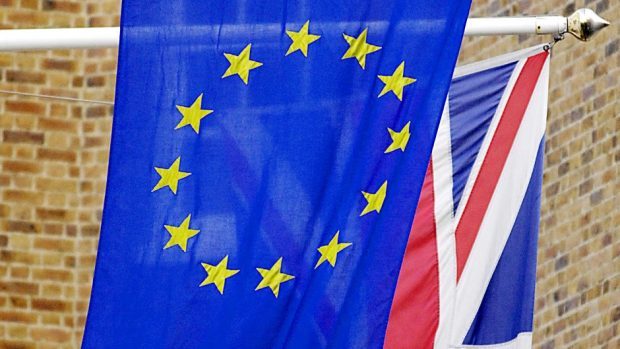MPs have rejected a call for 16 and 17-year-olds to be given a vote in the EU referendum, prompting accusations of a “missed opportunity” from the SNP.
A Lords amendment to the legislation bringing in the poll was defeated by 303 to 253, a majority of 50.
Stephen Gethins, the SNP’s spokesman on European affairs, said lowering the voting age would have led to a more democratic and engaging campaign.
The North-East Fife MP added: “The SNP has always argued that the EU referendum should meet the gold standard set by Scotland’s independence referendum.
“It would have been completely appropriate for that model to have been repeated for the EU vote.
“The SNP will continue to make the positive case for Scotland remaining part of the EU with voters of all ages and we will work hard to ensure that Scotland is not taken out of the EU against its will.”
During the debate on the floor of the Commons chamber, MPs were warned extending the franchise would lead to claims the referendum had been rigged.
Cabinet Office minister John Penrose said it would be wrong to change the “tried and tested” general election franchise for a single exercise.
The Tory frontbencher added: “It is something which should be considered for all elections, collectively and in the round.
“Equally, given the understandable sensitivities surrounding the EU referendum, making such a fundamental change to the franchise for this vote alone but not for others would inevitably and perhaps justifiably lead to accusations of trying to fix the franchise in favour of either the remain or the leave campaign.”
Shadow Europe minister Pat McFadden said Britain’s young people deserved a say in the decision “which will chart our country’s future”.
But James Cleverly, the Tory MP for Braintree in Essex, said to contend that because it happens in Scotland it must therefore happen in the rest of the UK was a “hollow argument”.
Commons clerks have deemed the issue one of “financial privilege” because of the £6million implementation cost.
This is likely to end the specific row, which follows the UK Government’s double defeat on tax credits in the upper house, but peers could still table fresh amendments to the bill.
